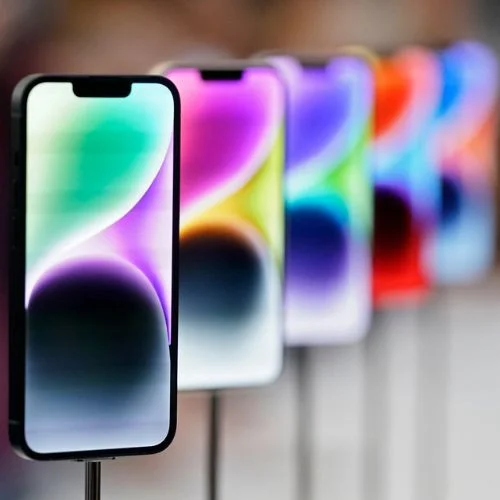The European Union will amend a new law for easy battery repairs. This Law pays emphasis to manufacture and design the smartphone as per the EU guidelines of which smartphone batteries can easily be replaced.
The report from the publisher states that this law will come into effect in early 2027 after approval from the Council. As per the recently approved regulations regarding battery replacements by the European Council, this law also applies to rechargeable batteries utilized in Electric mobility, Mobile devices such as smartphones and tablets.
Additionally, these batteries will have to provide information related to their carbon footprint, feature a label, and include a battery passport when sold within the European Council’s region.
The report from the European Union Council has recently given its agreement to a set of rules that will be effective for smartphone manufacturers to ensure their devices are manufactured in such a manner that the user can replace the batteries without any hassle.
These new regulations have been aimed to address the environmental impact of batteries throughout their entire life cycle. Once this regulation is accepted by law by the European Council and Parliament, By 2027, smartphone makers must provide replaceable batteries in all of their products that are sold in the EU, as per the reports by the Android Authority.
However, there is a possibility of the European Council delaying the approval regarding the implementation of the law, If manufacturers want more time to comply with the conditions.
These batteries are all inclusive of Electronic Vehicle batteries, electronic device batteries, waste portable batteries, and those used in the machinery known as lightning and ignition (SLI) batteries. The law also applies to transportation batteries such as electric bikes, e-mopeds, and e-scooters.
According to the new regulations, all the batteries would be required to deliver mandatory information about their carbon footprint. Furthermore, the manufacturers have to feature labels, an electronic “battery passport” and a QR code. By 2026, the labeling regulations should be in place, and 2027 is the target date for adding QR codes.















